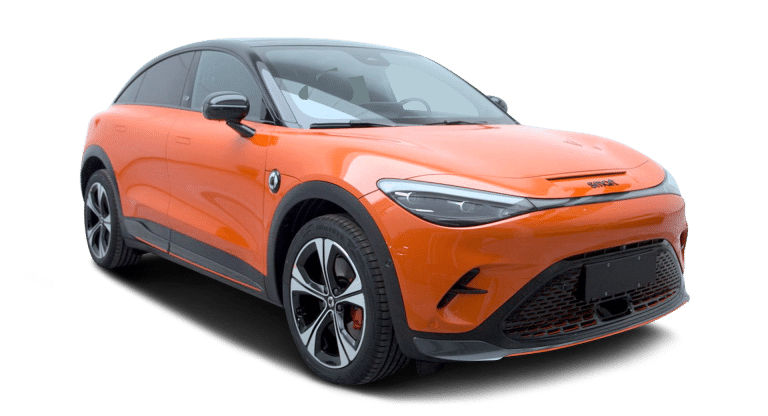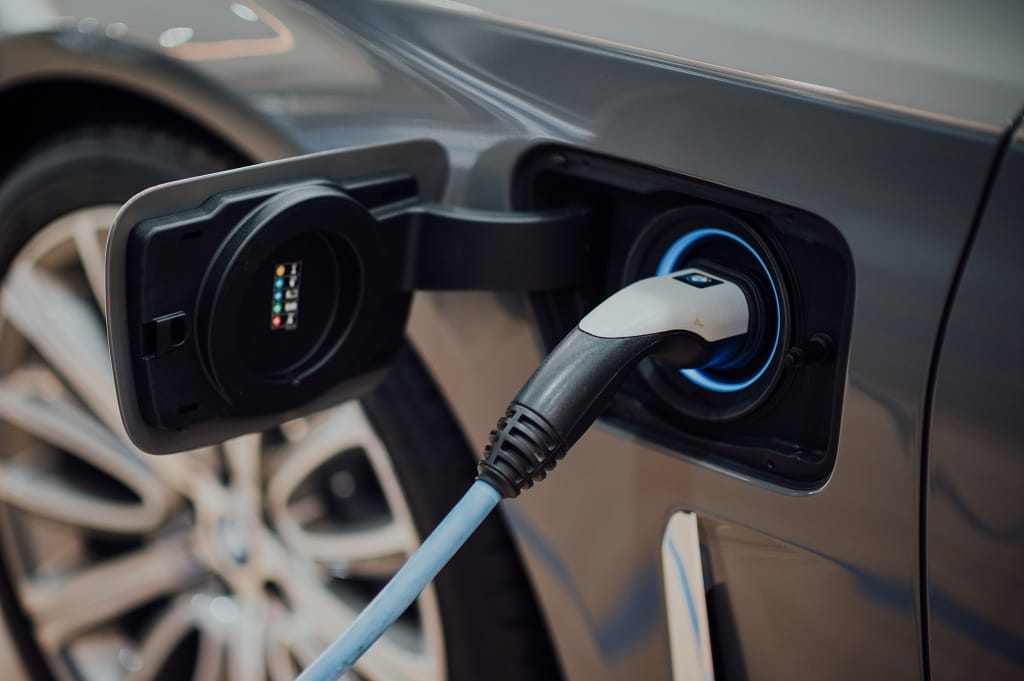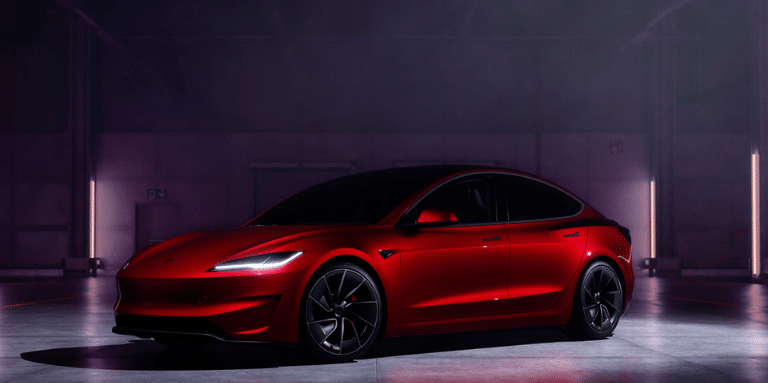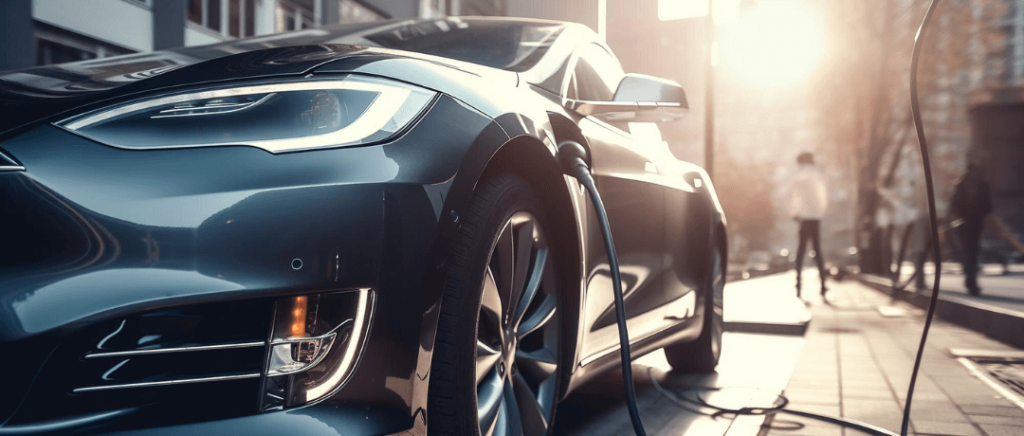How do I recharge my electric car?
Let's start with the most important thing of all: how do you recharge an electric car? You've come to the right place, Beev has already made a video on the subject. Thanks to this tutorial, you'll become an expert in recharging your electric car!
Also visit our special page on charging stations here.
What is the impact of electricity transport and consumption on the climate?
Worldwide, electricity and heat production account for 25% of greenhouse gas emissions (GHG) emissions and transportation accounts for 14% of global GHG emissions EMISSIONS (IPCC, 2014). In Europe, the proportions are similar, with electricity and heat production accounting for 29% of GHG emissions, and transport for 19%.
In France, electricity production is very low in carbon (nuclear (70%), hydro (10%) and other renewables (10%)) and the industrial sector is more limited than in other industrialized countries, so these orders of magnitude are different: transport accounts for 29% of GHG emissions emissions (half of which are from private cars), and electricity and heat production account for 11% of GHG emissions.
Using low-carbon electricity to reduce GHG emissions is therefore a relevant action in the fight against climate change.
How can I reduce my electric car's CO2 emissions?
To ensure that the electric vehicle can reduce CO2 emissions as much as possible, 3 conditions must be met:
- obviously, the use of an electric vehicle must replace a combustion vehicle (diesel if possible) and must always be sober (favor carpooling)
- vehicle production, especially battery production, must use electricity and materials with a low carbon footprint
- battery recharging uses low-carbon electricity, not fossil fuels
What is a green electricity contract?
With the liberalization of the electricity market, many suppliers are offering green electricity supply contracts based on guarantees of origin, which commit the supplier to buying renewable electricity from the electricity grid, via the sale of "certificates" on the electricity markets.
However, these contracts do not encourage consumers to consume renewable electricity when it is actually produced. For example, a supplier can buy guarantees of solar origin and sell "certified" renewable electricity... at night.
Above all, this system makes it possible to finance renewable electricity generation plants. In particular, Greenpeace proposes a ranking of these offers according to the transparency and origin of the guarantees of originwhich can be purchased in other European countries. Note that Greenpeace only ranks offers available at national level, without including small, highly virtuous local suppliers..
It's okay to finance the transition with your electricity bill, but how can we ensure that the electricity used to recharge our batteries has the least impact on the environment? ?
What impact does recharging electric vehicles have on the electricity system?
According to the various scenarios forecasting the penetration of electric vehicles by 2030, recharging batteries could represent an increase in electricity consumption of around 10% in Europe, particularly during peak periods at the end of the day (between 7pm and 9pm).
The problem is that basic low-carbon energies (such as nuclear or hydro) are often at "full capacity" when consumption peaks, and that renewable electricity production depends on weather conditions (sunshine and wind).
When variable production of variable renewable electricity (solar or wind) is lower lowerand national national consumption is at its maximum, excess electricity consumption is ensured in particular by the use of fossil-fired power plantsThese are either coal- or natural-gas-fired in France, or imported from neighboring countries.
To ensure that the electric car delivers on its climate promise, it's important to recharge your electric vehicle when the carbon footprint of electricity is lower.
How to use electricity at the right time?
Numerous initiatives exist to help you use electricity at the right time to recharge your electric vehicle. We recommend adaptwhich already offers a solution for visualizing the carbon footprint of electricity in real time and forecast (up to H+36) in several European countries (Germany, Belgium, France, and soon Italy).
The adaptation algorithms are based on open-source data made available by the electricity grid operator (RTE):
- national electricity consumption, current and forecast
- variable renewable electricity production (solar and wind) on a national scale, current and forecasted
These two variables vary every day, depending on the weather (outside temperature, wind, sun, etc.) and human activity (daily or weekly peaks depending on lifestyle habits). So it's important to have an online tool that's regularly updated.
To accelerate the adoption of EVs and ensure they deliver on their climate promises, adapt and beev have partnered to :
-
- A practical tool dedicated to smart charging that includes adapted data and algorithms, with energy-saving tips.
- Providing a free, independent solution for current and future users of electric vehicles in Europe
Why recharge during off-peak hours?
- It's better for the environment: if energy demand is smoothed out over the day, no more electricity is needed for the grid
- It's safer: having several devices plugged in at the same time increases the risk of tripping your network
- It's cheaper: you probably already know this, but energy suppliers encourage households to charge during off-peak hours, thereby lowering their energy bills.
How can I recharge my electric car during off-peak hours?
It's so simple. If you have a wallbox, you can schedule recharging at the times you want. To maximize savings, it's important to choose the right energy supplier.
Good news! There are several offers specifically designed for electric vehicle owners:
- EDF's Vert Électrique Auto offers preferential rates for owners of electric vehicles who recharge during off-peak hours
- ENGIE's Elec'Car which also offers a preferential rate for customers who recharge at night. A 3-year commitment is required. The supplier guarantees green electricity through guarantees of origin.
- Mobilité Verte from Total Spring with a no-commitment, price-controlled offer for electric vehicle owners.
All in all, you can save up to 50% on your energy bill with no effort at all.
All these innovations will enable the grid to absorb the demand of future electric vehicles on the road. Numerous innovations are currently under development, including vehicle-to-grid (V2G) technology, which will enable you to sell back your electricity during peak consumption periods. After conclusive tests in several European cities, EDF has already announced the deployment of several devices for the French market with its subsidiary Dreev.
READ ALSO - Vehicle-to-grid (V2G): will electric cars be a source of energy?
MAIN SOURCES :
- Data on GHG emissions by sector :
- Intergovernmental Panel on Climate Change (IPCC), summary for decision-makers of the 2014 report (for the EU, European Environment Agency data, and for France, Commissariat Général au Développement Durable)
- Climate and energy issues for electric vehicles :
- RTE & Avere-France, The challenges of developing electromobility for the electricity system, 2019
- International Energy Agency, Global EV Outlook 2020





